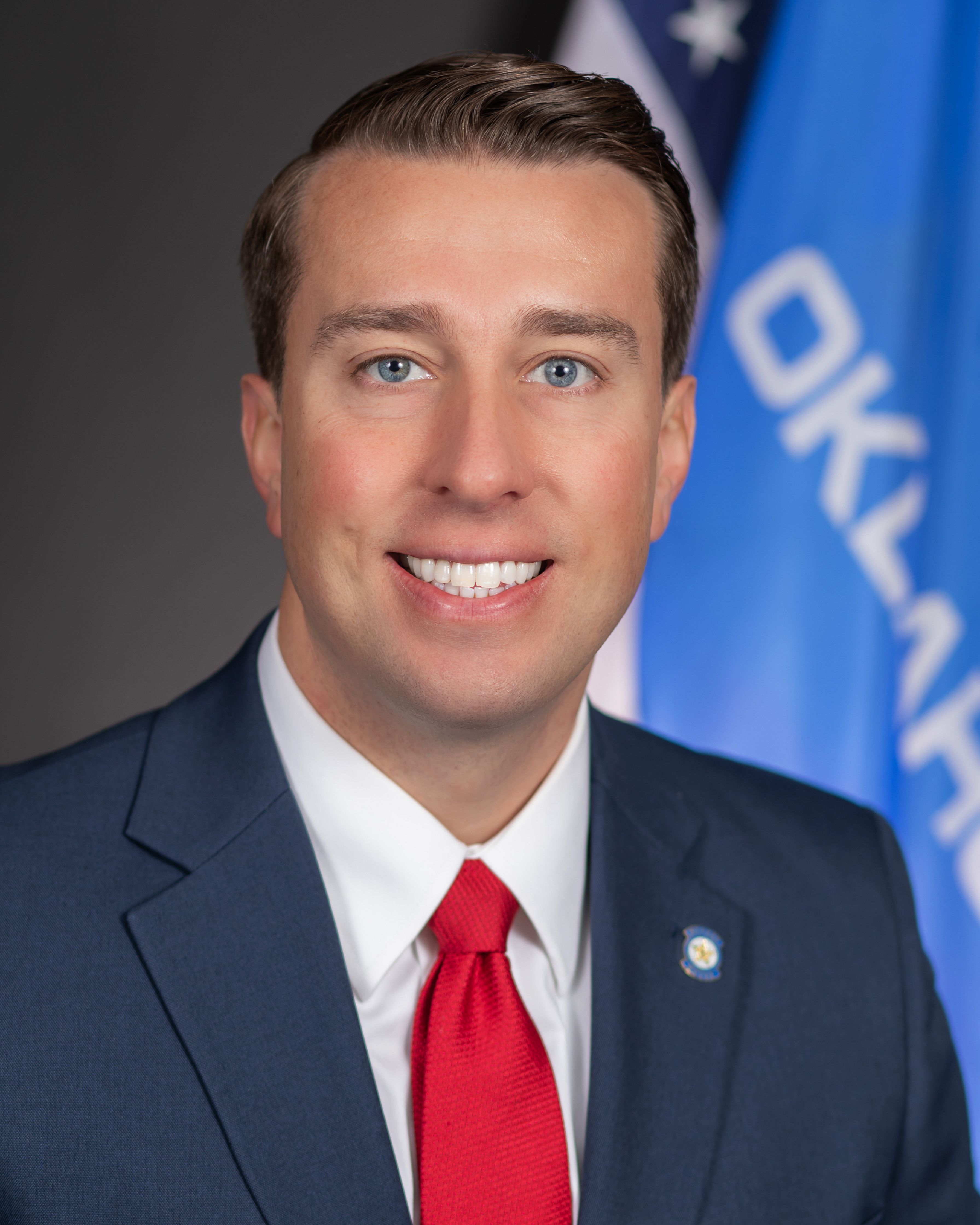Duel Praises Passage of Biotechnology Protection Bill
OKLAHOMA CITY – Rep. Collin Duel, R-Guthrie, on Tuesday passed a bill in the House aimed at protecting Oklahoma's bioscience and research assets from being exploited by hostile foreign governments. Senate Bill 552 now moves to the governor for his consideration of signing it into law. "Foreign adversaries have made clear their intent to exploit sensitive biological data," Duel said. "We cannot allow Oklahoma’s institutions to be vulnerable to such risks. Oklahoma must remain vigilant in protecting our state’s security and ensuring that taxpayer dollars do not support entities that pose a risk to our nation." Duel, a combat veteran and former Army Ranger, has fought for similar protections of state assets in other areas of law. He said if the U.S. government designates a biotechnology company to be one of concern due to its close association with hostile foreign governments, any Oklahoma state agency that receives federal or state funds would be prohibited from using the company's equipment or services. The agency also would not be allowed to use a company that contracts with such an entity. Sen. Kelly Hines, R-Oklahoma City, is the Senate author of the measure. Hines is a retired U.S. Army Colonel. “Senate Bill 552 strengthens national security by safeguarding our bioscience and research assets from hostile foreign governments,” Hines said. “By ensuring state agencies don’t contract with companies designated as biotechnology companies of concern, we are protecting the integrity of our state’s innovation and securing the future of Oklahoma’s research sector.” Both lawmakers said Oklahoma has many world-class foreign researchers, and the bill is not intended to risk those relationships. They also acknowledged viable work with companies from around the globe. They said the bill targets a narrow category of foreign-government affiliated companies that are set on unlocking world-changing technologies with ill intent. The U.S. Senate is poised to consider similar legislation. While SB522 is meant to mirror the federal legislation, it establishes state-level protections regardless of whether the congressional bill passes.

